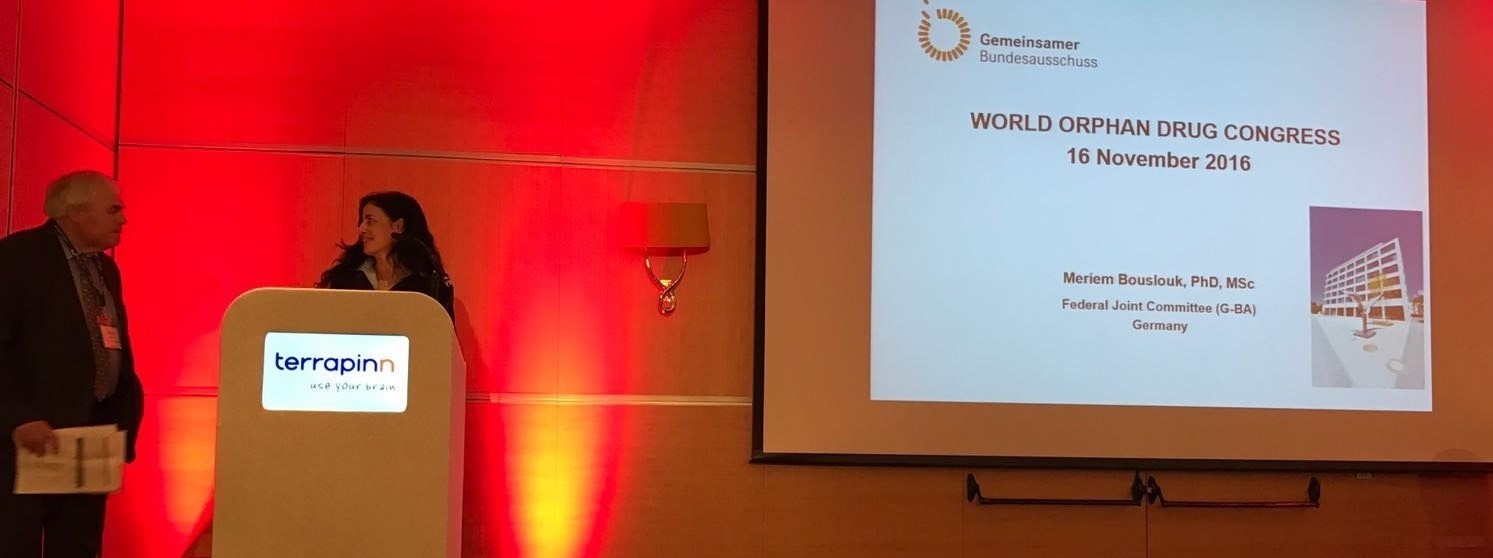Oral and maxillofacial surgery was one major discipline during my last years of dental medicine at the Friedrich Schiller University in Jena. I was intrigued by the strange names of diseases and syndromes such as Hodgkin’s, non-Hodgkin’s and Behçet’s. I remember very well the demanding professor, a little man with a black moustache. Behind his severe attitude, one could discern his friendly nature. While repeating the triad of Sjögren’s syndrome, he used to point out our future role as healthcare providers for the sake of a diagnosis. Back then, I was wondering why I had never heard of these diseases. Maybe not that common?
Later, during my postgraduate studies in International Health at the Charité in Berlin, the topic of tropical diseases caught my attention. No treatments were developed for patients with life-threatening but neglected diseases. Only because of a lack of economic incentives?
After my postgraduate studies, I joined the Federal Joint Committee (G-BA) by the time Germany introduced AMNOG, the legislation for a fast and systematic benefit assessment of new medicines. Medicines to treat rare diseases were not exempted from this assessment, but within the new framework steps had to be defined for the ones not reaching a defined value of sales. I felt in the right place at the right time. Adjustments of the framework – as currently discussed – should be thoroughly considered.
More information on the G-BA benefit assessment of new orphan drugs in Germany.

Donald Macarthur and Meriem Bouslouk-Marx at the World Orphan Drug Congress Europe 2016
